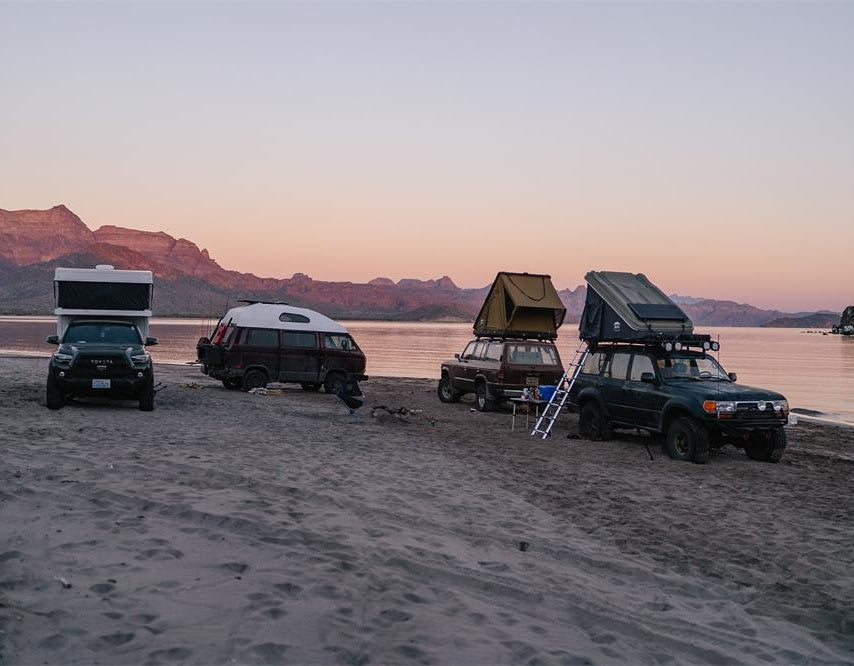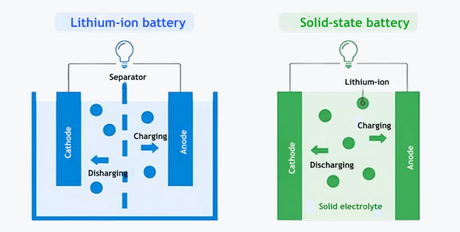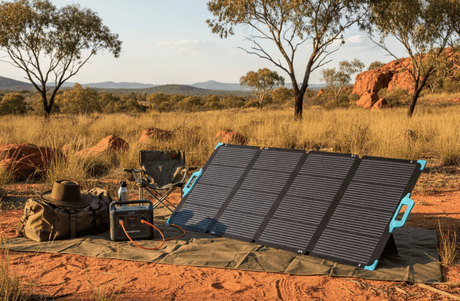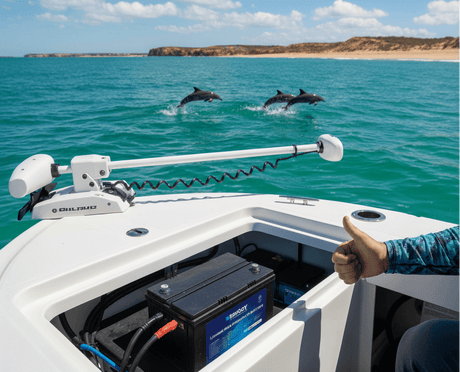So you've decided to make the switch to solar power, and now you're ready to plan your installation. You're likely wondering how to find and evaluate a solar energy contractor.
More Australians than ever are switching to solar energy as an affordable source of renewable energy. As of 2020, Australians have installed nearly 2.4 million solar power systems across the country. Switching to solar power can help you save on utility bills while also reducing your carbon footprint.
How do I find a good solar installer?
Installing solar panels is an investment, so you want to make sure you get it right. Here are the important factors you should consider when hiring a solar installation contractor in Australia
Why you should hire a solar installer
Installing a solar power energy system in your home is a long-term investment, and almost all of the costs related to solar power are up-front. However, it’s a good idea to spend a bit more to install your solar panels correctly. Cutting corners often isn't worth it if you want your solar PV system to work efficiently for its entire 25 years + lifespan.
It's tempting to go the DIY installation route to try and save a few bucks. Cost savings are certainly the big pro that comes with a DIY installation, but there's also plenty of cons. For example, an incorrectly designed or installed system will produce lower output, impacting its long-term cost savings.
Can I install solar panels myself in Australia?
You can install your own solar panels in Australia, but it’s inadvisable unless you’re doing a small project like a van conversion.
If you want to connect to the energy grid and take advantage of net metering, Australian utility providers will require that a licensed contractor completes your installation. That's not an issue if you're going to live off-grid, but for anyone else, you'll need to use a professional installer. That way, you can save money in the long run and sell excess energy back to the grid. You’ll also need to use a professional installer if you want to take advantage of any government solar panel rebates and incentives.
Solar panel warranties from manufacturers are also likely to be voided if you do a DIY installation. Paying out of pocket for any repairs or servicing may end up costing you more in repairs in the long term than the initial cost of hiring a contractor.
What to look for in a solar contractor
You'll want to do your due diligence before you hire a contractor. Some research will help make sure you end up with a high-quality installation. Follow these tips to find the right contractor for your transition to solar energy.
Expertise/ Ratings & Reviews
Check ratings and reviews online and seek personal recommendations from friends and neighbors if applicable. Be sure to read through reviews and see what issues, if any, previous customers may have had with a company.
Licenses and Insurance
You'll also want to check the installers you get quotes from are adequately licensed and insured. In Australia, the most crucial license that installers should have is a Clean Energy Council Accreditation. This accreditation ensures that your installer has the appropriate qualifications to do the job. It also ensures that your solar power installation will meet the requirements for any government solar rebates and incentives.
Insurance is another important consideration. Do your due diligence and verify that any solar companies you seek quotes from have comprehensive insurance coverage, including protection in case of bodily harm or property damage.
What distinguishes the best installer?
There are thousands of solar panel installers to choose from in Australia. So how do you find the right one? Here are some factors to consider.
Location
Location will narrow down your choice of providers. If you live in a smaller town or rural area, you may have fewer contractors to choose from. However, there are many benefits to choosing a local provider. They'll likely be available to get the job done quicker and will be nearby if you need any repairs or adjustments to the system. The reviews and reputation of a local provider will also be more relevant to your local climate and regulations.
Knowledge, Experience, and Workmanship
When you select a solar power installer, you want peace of mind that you've chosen a reputable company with a strong track record. Check how long the installation company has been operating and whether they have been subject to any lawsuits. You will want an installer who has at least three years of experience in the field.
It's common for solar installers to use sub-contractors. Sub-contractors aren't necessarily an issue, but be sure you have transparency about who will be installing your system. Find out who will install your system and why a company is using subcontractors. Ask how much oversight the company will have over any subcontractors and who will be responsible for quality at the end of the day.
Cost & Financing Options
You should always obtain multiple free quotes and consultations to find a reasonable price. For any significant purchase, it's a good idea to shop around before taking the plunge.
Be sure you're getting quotes for the same solar design and installation so you can compare apples to apples. You'll want to compare not only the final price but any ongoing services. For example, many professional technicians will warranty the labor they perform. That's why we recommend getting several quotes and consultations from different contractors and going over the details with a fine-toothed comb.
Depending on your budget and cash flow, you may want also want an installer who offers or accepts different solar financing options.
Warranties
Not all workmanship warranties will be the same, so compare what's covered and for how long. Workmanship warranties will usually last between one and ten years, so they're unlikely to last for the entire lifespan of your system. Be sure to ask what's included in the warranty, if there are any exclusions, and whether there are any call-out fees to use the warranty.
Conclusion
Solar power installations are more affordable than you may think. Many homeowners decide to go DIY because they believe it will save them more money. In reality, most homeowners will only save about 10% less by doing a DIY installation. Remember that a DIY installation could cost you much more in repairs and lost savings down the line, so a 10% saving up-front may not be worth it. Using a reputable solar installation contractor will provide you with peace of mind that your solar panel system has been properly and safely installed.









![What Is a DC to DC Battery Charger [Comprehensive Guide]](http://au.renogy.com/cdn/shop/articles/IMG_3829_bd86de74-31d6-49fd-b9d5-265bb723091d.jpg?v=1757582605&width=460)